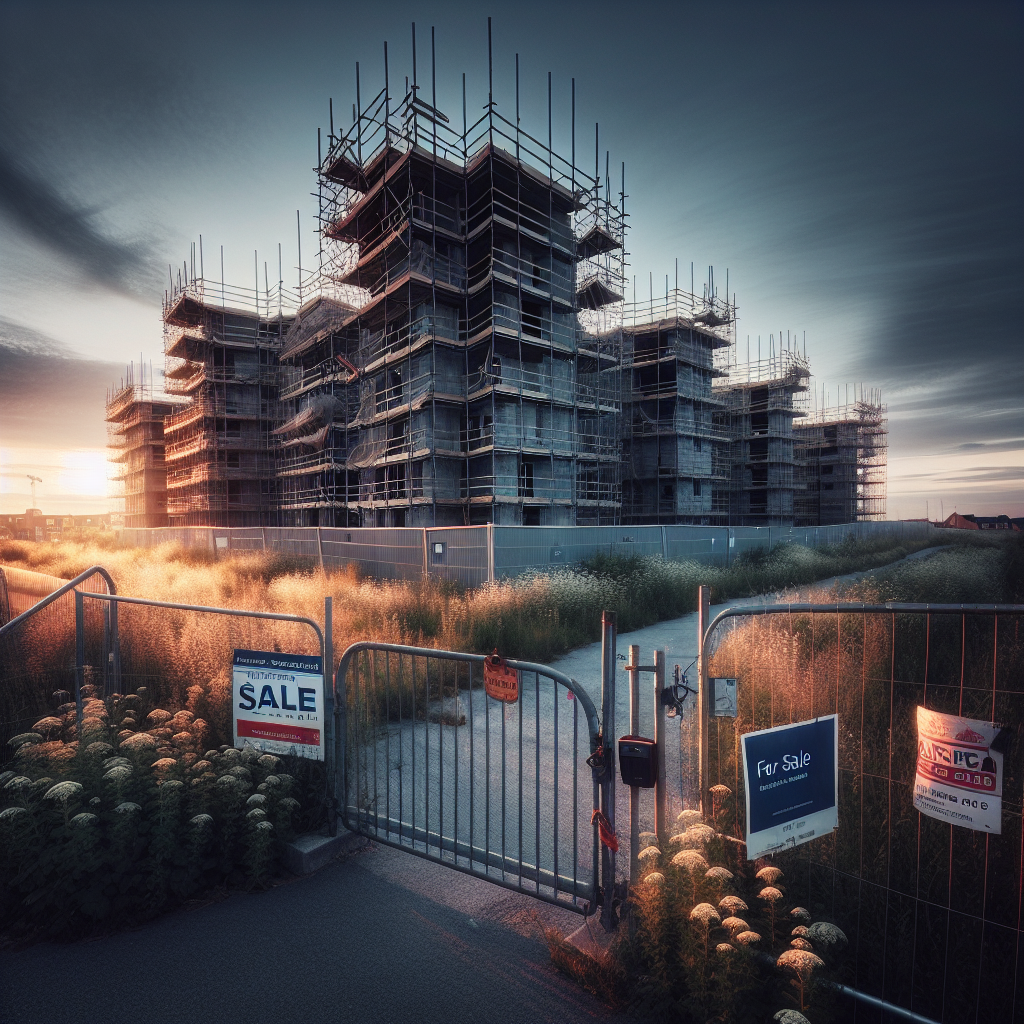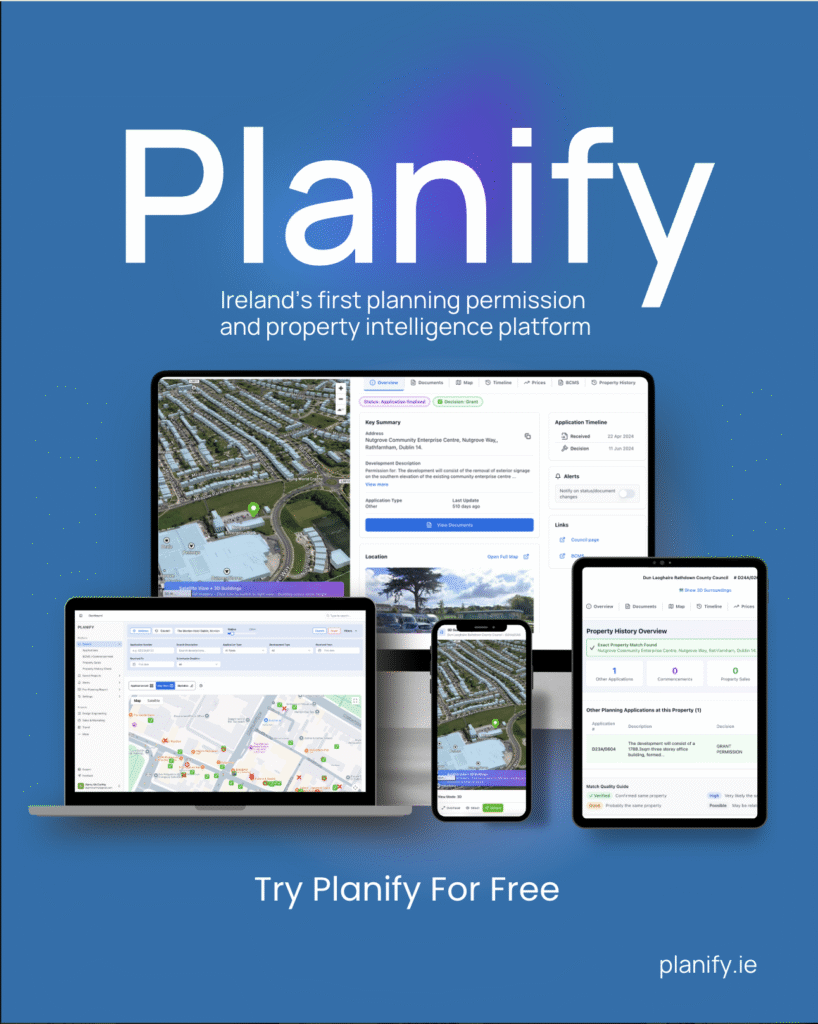An Bord Pleanála, the Irish planning appeals board, has announced a strategic shift in how it will handle planning cases to effectively address its backlog. This move comes in response to mounting criticism over delays in decision-making, particularly in light of Ireland’s housing shortage, notably in Dublin. The board’s decision to reorganize its approach aims to streamline operations and improve efficiency.
An Overhaul in Case Handling Approach:
An Bord Pleanála has disclosed a departure from the traditional chronological order in processing planning cases. The board clarified that it will implement a new prioritization strategy tailored to the diverse types of cases awaiting resolution. By adopting this customized approach, An Bord Pleanála anticipates more effective management of its caseload and a reduction in backlog challenges.
Addressing Capacity Issues and Turnover:
Acknowledging the impact of personnel turnover at the board level, An Bord Pleanála highlighted constraints in capacity and the subsequent accumulation of pending cases. To mitigate this, the board has appointed 15 new members, with ongoing recruitment efforts to bolster resources. This reinforcement is crucial in enhancing the board’s ability to expedite decision-making processes and alleviate delays.
Chairman Peter Mullan expressed regret for the delays experienced by stakeholders due to the backlog. The board spokesperson indicated a decrease in the number of pending cases from 3,613 in May 2023 to 2,258, showcasing a concerted effort to address the backlog. Notably, the cases include 56 Strategic Housing Developments applications, with expectations of resolutions in the near future, subject to legal considerations.
An increase in staffing within the inspectorate, from 66 to 86 positions, has been noted, with the addition of three specialized roles. Moreover, ongoing recruitment drives aim to fill 15-20 inspector positions by the second quarter of 2024. These staffing enhancements are pivotal in bolstering the board’s operational capabilities and expediting the resolution of pending cases.
In conclusion, An Bord Pleanála extended gratitude to stakeholders for their patience during the resolution of cases. The board reiterated its commitment to diligently clear the backlog in the upcoming period, striving to address pending matters promptly and efficiently.
By implementing a tailored prioritisation approach, bolstering staffing levels, and emphasizing proactive resolution strategies, An Bord Pleanála aims to streamline its operations, enhance decision-making processes, and alleviate delays in planning case adjudication.







